If Images Could Speak
January 9, 2021
Text by Rebecca Copper with Adrian Rosser
“I’m interested in where language fails us, where it restricts a capacity of knowing and being in the world.”
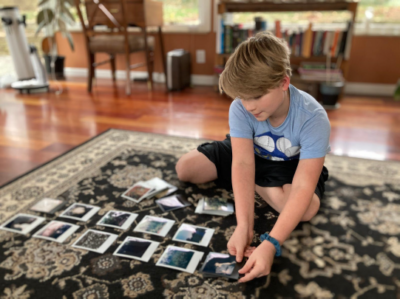
In this article, use of the word “language” is in specific reference to written or spoken language.
Language is a collection of visual symbols and aural representations of thought, objects, interactions, and more. We use language to communicate with one another—to describe our worlds, explore questions, empathize, remember, and share stories. It is an integral part of existence, of how we excel in technologies, theories, and the arts. But I’m interested in where language fails us, where it restricts a capacity of knowing and being in the world. I imagine at one point in time, long ago, language was created as it applied directly to experience. What was experienced came first, then we applied words to represent that experience. Is it possible that now, so long after it was created, language limits our experiences through defining what experience is for us? For example: we think of a word, then we visualize what it means. Does that visualization, or that attachment to what we know the word to mean, color the actual experience of a thing?
And does language create particular categories or boundaries that limit us in true experience? Let’s take any study of science as another example. Any person, plant, object, or thing that is being tested and studied, usually has a layperson term. Then, the person, plant, object, or thing that is being studied gets a scientific name. The studied object gets put into a category with other things that are similar to it. That group gets a name too. Then, that group gets dissected further into other groups, which all receive their own labels. The pattern continues on and on infinitely. It makes me wonder—if someone is studying lilies, how far do they have to go until they don’t recognize what lilies are anymore? Lilies are no longer just lilies. Lilies are Lilium of the Liliaceae Genus, order: Liliales, higher classification: Lilieae.
For me, this connects to experiential knowledge versus read knowledge, to presence. Do you lose some part of knowing something when you add the boundary of language? Language extends our knowing, but where does it retract it? To explore this idea further, my 10-year-old son and I played a call and response game using Polaroid photos. I had taken these Polaroids earlier this year. Similar to worded language, boundaries were created through the limitation of the images that were provided. In an interview-like form, Adrian chose an image from the stack of photos to pose a call or a question. In turn, I responded to Adrian’s question by matching a photo from the stack of Polaroids to his chosen photo.
Outcome: Adrian and I set the photos side by side in groups of two. We didn’t discuss what we were trying to communicate through the photos. We discussed other things going on in our lives, like current events of our neighborhood. By not discussing our choices of the photographs, it allowed automatic responses that weren’t clouded or predefined due to knowing by verbal language what we were thinking. There were a number of ways to approach the meaning or response to a photograph. You could try to get an overall feel for the photo based on shapes and colors. You could also reference the subject matter of the photograph directly, whether a plant, person, animal, or object. Much of what was communicated between Adrian and I through the photo-based interview was dependent on our shared knowledge and historical experience.
As a reader of the interview, you will be met with the limitation of being unable to fully define the exchange between Adrian and I. I invite you to bring your own histories and knowledge as you look at the images and interpret the interview.
Adrian’s questions are on the left and my responses are on the right:



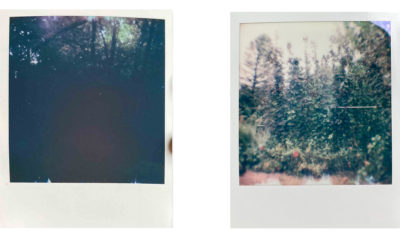

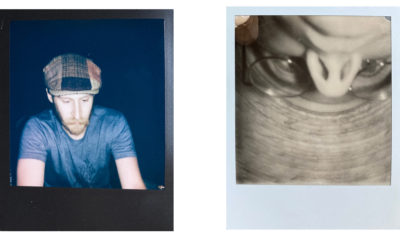


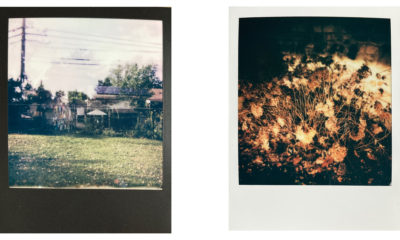
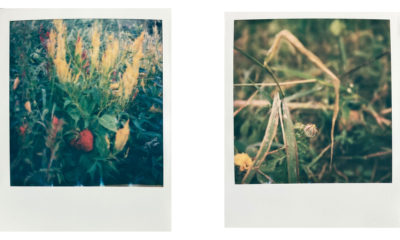

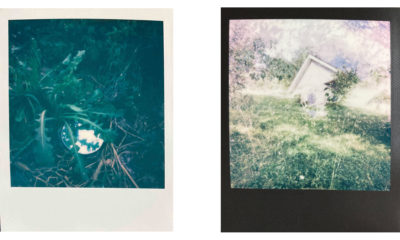
Adrian Rosser (b. 2010) is a 5th grader at Wilson Hill Elementary. His favorite color is purple and he likes folk music. Adrian enjoys playing video games like Zelda. He is an avid reader with a big voice. His voice is often heard throughout his home from his singing. Adrian recently joined the school orchestra. He is learning to play the violin. Currently, he misses his friends due to COVID and is working hard on his schoolwork through the Ohio Online Learning Platform, even though he doesn’t like it.
Rebecca Copper (b. 1989) reflects on her lived experiences through art projects that range from socially engaged art to modes of individual creation through film photography and video. Rebecca is interested in the different ways of knowing, experiential knowledge, and how people are influenced in mediated ways. She works through themes such as: phenomenology, intersectional feminist politics, American education, and institutions of care. She is currently an MFA candidate through Portland State University’s Contemporary Art Practice, Art and Social Practice Program. Recently, she worked as a research assistant for the Art and Social Practice Archive which is housed within PSU’s special collections and finished a fellowship with the Columbus Printed Arts Center in Columbus, Ohio.


